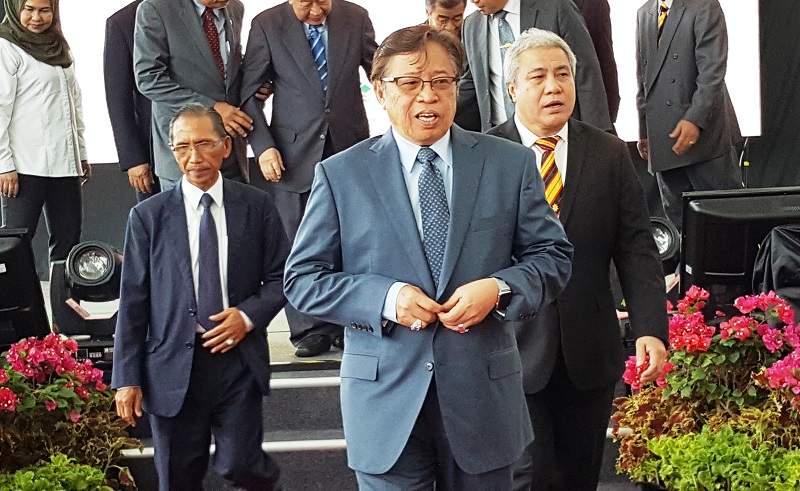KUALA LUMPUR, June 27 ― Sarawak should get an exemption from the finance minister on the tourism tax if the state does not want to implement it on July 1 as scheduled, according to lawyer New Sin Yew.
Section 9 of the Tourism Tax Bill 2017 states that the finance minister may exempt any operator from collecting the tourism tax, he said.
“I think the way forward for the Sarawak state government is to request that the finance minister exempt operators in Sarawak from tourism tax under Section 9,” New told Malay Mail Online when contacted yesterday.
The finance minister is Datuk Seri Najib Razak, who is also the prime minister.
The Tourism Tax Bill was passed by the Senate last April, but the Act is as yet unrecorded on the federal gazette website.
According to New, the Bill provides for the tourism tax to be collected by the person operating the premises offering accommodation and who then passes the amount to the director-general of the Customs Department.
“Nothing to do with the state government,” he said.
Sarawak Chief Minister Datuk Amar Abang Johari Openg said Sunday that the state would not implement the federal tourism tax next month as negotiations between the state and federal governments were still ongoing.
He also claimed that tourism was under state and not federal jurisdiction.
New, however, disputed the Sarawak chief minister’s claim and said both tourism and taxation are matters under federal jurisdiction.
“Item 25A of the Ninth Schedule to the Federal Constitution states that tourism is under the Federal List. I don’t think it is right to say that tourism is a state right or that it is within the state’s residual power,” he said, explaining that “residual power” meant whatever that was not given to federal jurisdiction remained with the state.
The lawyer pointed out that the Federal Constitution was amended in 1994 to include “tourism” as Item 25A in the Federal List and that none of the Sarawak MPs had objected to it then. Before that, tourism was not part of the Federal, State or Concurrent Lists.
“After the amendment, it is clear that ‘tourism’ falls within the jurisdiction of Parliament,” said New.
Lawyer Andrew Khoo said the issue was ultimately about revenue sharing.
“Some states have imposed local taxes on hotels and would lose out financially as they have been asked to withdraw such taxes,” Khoo told Malay Mail Online.
“The tax goes to the Ministry of Finance, and there is no written guarantee that the Ministry of Tourism will be given an increased allocation that will in turn be given to these states to compensate for lost revenue. That is the problem. Also, the practicalities of implementation may take time, and not every hotel may be in a position to introduce it on 1 July,” he added.
Tourism and Culture Minister Datuk Seri Nazri Abdul Aziz reportedly said states that have implemented their own tourism charges would be asked to stop collection upon effect of the Tourism Tax, but Penang Chief Minister Lim Guan Eng said earlier this month that the state government would maintain hotel room fees.
Penang currently charges a levy of between RM2 and RM3 per room per night through its local councils.
The federal tourism tax rates scheduled to take effect July 1 are between RM2.50 per room each night for unrated accommodation and RM20 per room each night for five-star hotels.



















